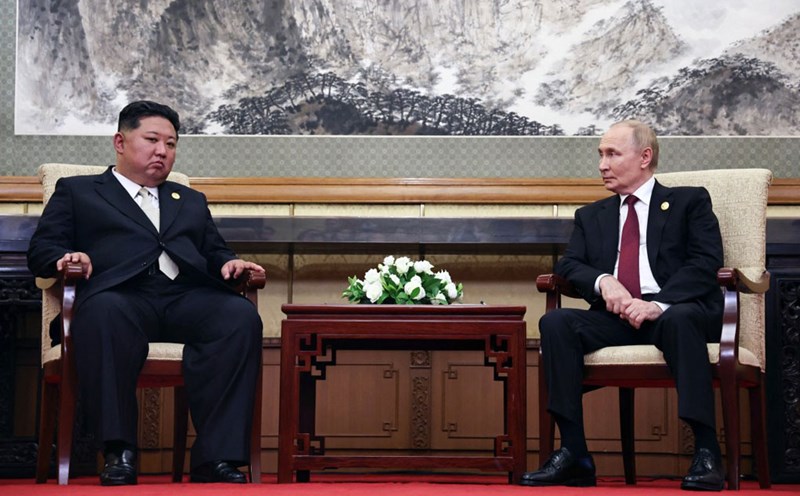The rise of AI music creators is changing the face of the global music industry.
The surprise success of Oliver McCann (known by his stage name Imoliver and a British AI music creator), shows how AI tools are paving a new path for those without a traditional music foundation.
Oliver McCann, 37, was originally an image and sound designer, starting with an experiment with AI to breathe life into lyrical ideas.
He admitted that he did not know how to sing, did not play musical instruments, and did not even have any musical talent. However, one of the songs he created with AI reached 3 million streams, helping him sign a contract with independent record label Hallwood Media.
This is considered the first time a recording company has officially signed a contract with an AI music creator.
Not only McCann, many "virtual" music projects such as the group Velvet Sundown with all songs, lyrics and album cover images created by AI are also attracting attention.
Tools like Suno or Udio are likened to ChatGPT in the music industry, creating a new wave of composition. They open up opportunities to democratize composition, but at the same time cause concerns about "AI slop", music produced in large quantities, low quality.
However, the real impact on the global music market worth 29.6 billion USD is still unclear.
Deezer, a music streaming platform that estimates about 18% of songs are uploaded per day by AI, but only accounts for a small percentage of listeners. Spotify and other major platforms have not released the data.
Experts say that the amount of AI music will increase sharply in the future.
Its like a Tsunami. As the younger generation grows up with AI, AI-generated music will increase exponentially, said Josh Antonuccio, president of Ohio State University.
However, this explosion has also led to legal controversies. Three major record labels, Sony Music Entertainment, Universal Music Group and Warner Records, have sued Suno and Udio for copyright infringement, accusing AI startups of illegally using recordings to train models.
In June, the parties entered negotiations to establish a new rule on paying artists when AI was used to remassure their songs.
While AI brings huge commercial opportunities, it also challenges the creative value and rights of artists.
This debate shows that the music industry is facing a major turning point, either taking advantage of the wave of technology to develop, or facing the risk of shaking the foundation itself.











